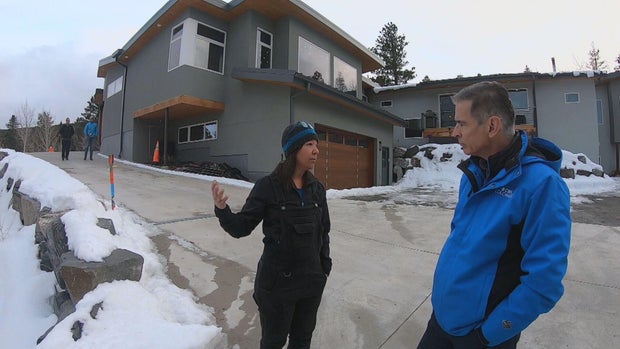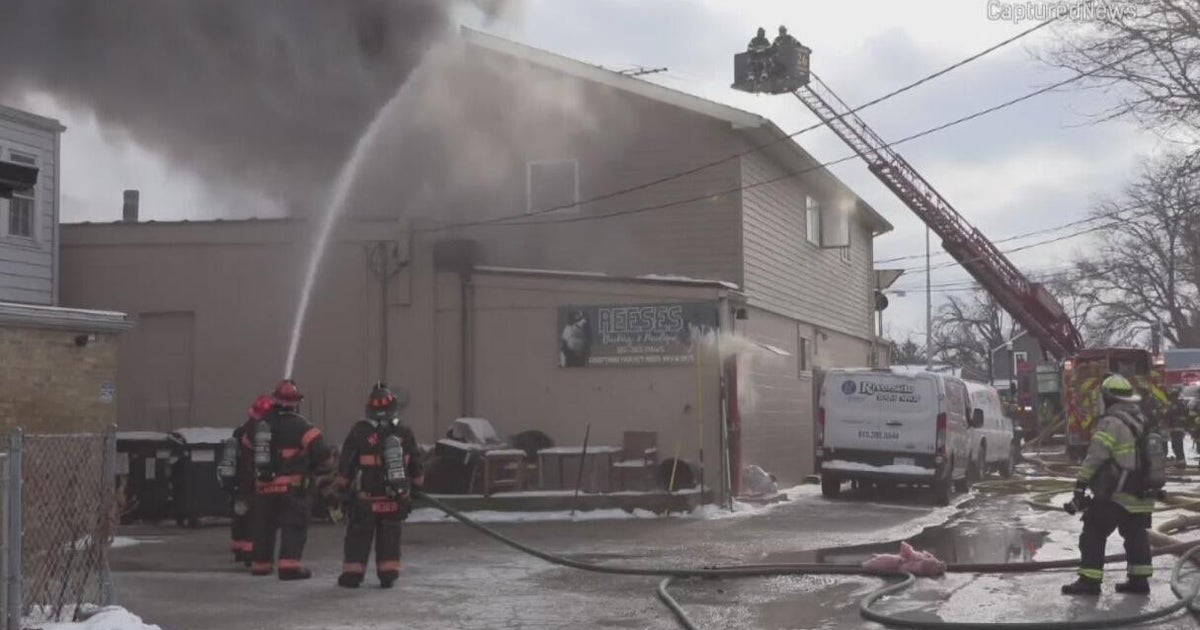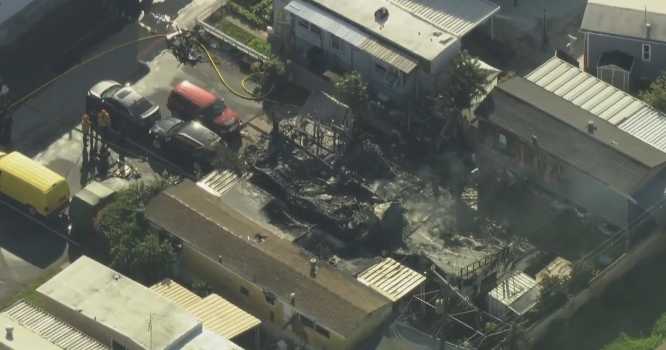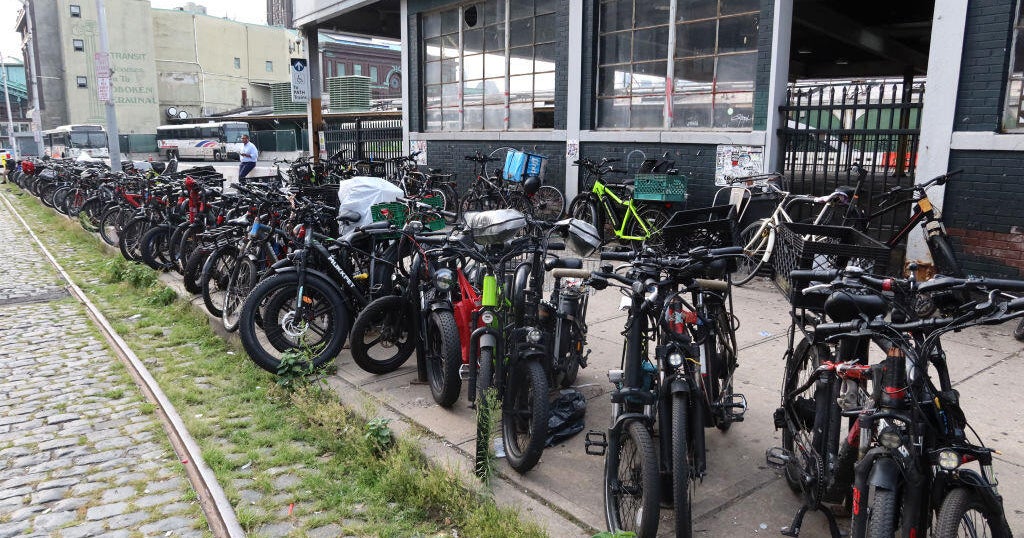Colorado homeowners who spent years mitigating fire risk lose insurance
As wildfires and other threats plague homeowners in Colorado, there is a trend that is impacting homeowners and losing their insurance, especially after the wildfires in California.
It's a 15-year-old home on a hillside in Evergreen, with a metal roof, stucco exterior, and triple pane windows.
"Steel roof, steel beams on the outside. So steel columns. Then after that, we went with concrete decking and not wood decking around the house," said homeowner Steve Hoogendoorn who closely monitored the home's design. At the time, it exceeded standards for fire protection. The house is surrounded by concrete, with the decks changed from composite to concrete a few years ago.
But still, Steve and Jen Hoogendoorn have recently been informed their insurer thinks they're too big of a risk.
"Our recent review of your coverage revealed that your home policy no longer meets our eligibility requirements. Unfortunately, this means we can't renew your policy," read the letter from their longtime Farmer's Insurance.
"Clearly they don't want our umbrella policy, they don't want our five automobiles that are on there, insured and they don't want the revenue from insuring our home," said Steve Hoogendoorn.
The home's construction is not all they have done to mitigate fire risk. Every year they drop a half dozen up to 10 cords worth of trees.
"And give half of it away and then the rest we burn," said Hoogendoorn.
"We try to keep moving out farther and farther into the home hardening zones," said Jen Hoogendoorn.
"The area around the home is mitigated out to 100 feet. And then we've slowly worked through the forest," she explained. "We're probably out at least 300 feet in varying amounts." There are slash piles waiting to be burned, for which they have obtained a state permit and called and checked with Evergreen Fire on winter days before burning.
"They have an A-plus," rated Jess Moore, wildland project coordinator at Evergreen Fire Rescue. Moore knows the Hoogendoorns and their work on not only their 12-plus acres but in the neighborhood where they live.
"They've worked with us to help in the community with their neighbors as well evacuation routes in their neighborhood," said Moore.
"We organize neighbors, we've done projects, we've done community work days. Neighbors come together with chainsaws and tools, and we clear slash. We work on the evacuation route," said Jen Hoogendoorn about the work she does with other neighborhood leaders. She serves as neighborhood ambassador to the fire department in their area.
Getting dropped by their insurance company could leave them without coverage, although their local agent is looking for other options. Their carrier, Farmer's Insurance did not answer an inquiry from CBS Colorado. They are one of many in the foothills losing insurance as companies review their policies.
"Not only are we a high catastrophe state but those catastrophes are escalating, with both wildfire and hail," said Carole Walker, executive director of the Rocky Mountain Insurance Information Association, an industry group. Insurance companies are looking at the amount of risk they have explained to Walker.
"There is a ripple effect from California."
Walker said there was consideration given to the work homeowners do. "They do take mitigation into consideration, but when you're in a high-risk area, mitigation might not be enough."
But the Hoogendoorns have not had a visit from anyone associated with their insurance company for a look at the mitigation work done.
"I think they have no idea," said Steve Hoogendoorn.
Insurance companies are often using databases to consider whether properties are a risk they wish to take. Higher value properties like the Hoogendoorn's hold greater risk for loss.
"Insurers need to make it clear to consumers the value of those mitigation efforts. And insurance companies need to ensure that the predictive models that they are using meaningfully incorporate the mitigation that homeowners, communities, and the state are investing in," said Colorado Insurance Commissioner Michael Conway in a statement to CBS Colorado.
"For lack of a better way to say it, we know the insurance companies are not necessarily in it for the warm hugs," said Moore. Evergreen Fire Rescue works with homeowners to mitigate, but there is a gap between their help with mitigation and insurance.
"There should be some sort of acknowledgment to say hey, if it's good enough for the fire department then we can take that risk too," said Moore.
Colorado's Legislature is looking at a bill that would mandate information about discounts offered to policyholders if they undertake certain mitigation efforts.
But that won't yet help the Hoogendoorns. Their work has significantly reduced the chance of a wildfire creating an insurance loss on their home, but they are getting little credit for years of work.
"I mean it is a business and I understand it but, give me an option. Don't just call me and say we're done with you," said Steve Hoogendoorn.










